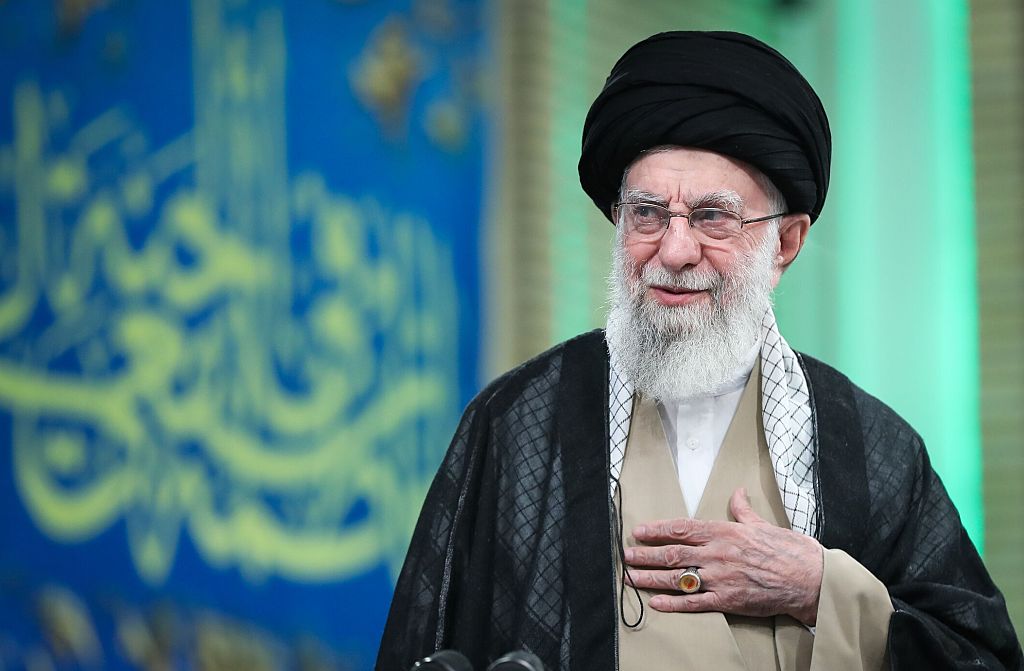Just three months ago, Israel and Iran fought a 12-day war that shook the Middle East. Missiles and drones flew in both directions, but with a major assist from the U.S., Israel established dominance of Iran’s airspace, repeatedly struck nuclear and military targets across Iran, and killed 30 security commanders and 19 of Iran’s nuclear scientists. Iran’s retaliation accomplished little that might deter Israel in the future.
[time-brightcove not-tgx=”true”]
A return to war is unlikely. Though Iran likely retains a stockpile of enriched uranium and the means to rebuild enrichment capability, the Israeli-American bombing campaign ensured it is now several years away from being able to produce a nuclear weapon. Israel has also essentially normalized direct strikes inside Iran’s borders and demonstrated its ability to inflict significant damage to the regime. Israel can carry out limited “mow the grass” operations if Iran makes sudden progress in rebuilding its nuclear program, and it can strike more missile bases and air-defense systems to keep Iran’s defenses down.
For its part, Iran can’t afford war. It will retaliate if and when Israel strikes again, but the response will be carefully calibrated to avoid a dangerous escalation it is less able to fend off. Iran is in a far weaker geopolitical position today than it was before Oct. 7, having lost much of its allied network—from Hamas and Hezbollah in Lebanon to Bashar Assad in Syria—that Tehran had long relied on to deter Israel and project power regionally.
For now, the Iranian regime remains stable. The country’s water and energy shortages have triggered a few demonstrations, but a post-war security-force crackdown has prevented any re-eruption of the Woman, Life, Freedom protests that rocked the country in 2022. Any return to high-intensity war might jeopardize the regime’s control.
Read More: The Future of Iran Belongs Only to its People
Yet, even if Iran can avoid another war, pressure on its economy, and therefore the regime, is about to go up. Iran faces the imminent “snapback” of U.N. sanctions. At the end of August, the three European governments that signed the 2015 deal to block development of a nuclear weapons program—Britain, France, and Germany—triggered the return of U.N. sanctions on Iran in response to its decision to halt co-operation with inspectors.
Barring an unlikely diplomatic breakthrough, these sanctions will be reimposed on Oct. 18, just after the snapback deadline expires. Washington has already hit Iran’s oil and mining sectors and banned the use of U.S. dollars in commercial transactions. The E.U. has also imposed penalties over the violent suppression of past protests and Iran’s military support for Russia’s war on Ukraine. But U.N. sanctions would be far more sweeping and likely to cause a considerable decline in Iran’s oil revenues and put additional pressure on its economy.
Iran has signaled to the Trump Administration that it’s open to talks, but the White House appears set on squeezing Tehran further before new bargaining can begin. The official U.S. position is that Iran must first make major concessions on uranium enrichment, and such a climbdown is unlikely. In the meantime, Washington can use the threat of U.N. snapback sanctions to push Iran’s leadership deeper into a corner.
Tehran is not without sympathizers and clients. Though the U.S. has slapped sanctions on those who move Iranian oil, China continues to discreetly buy the country’s crude. Its major energy companies and banks remain effectively walled off from the Iran oil trade, which limits their risk of penalties. But the bigger picture for Iran’s oil revenue is darkening as other potential buyers hang back. Floating storage—tankers containing Iranian oil that have no current destination—surged from 5 million barrels to 30 million over the first half of 2025. At the very least, that means Iran will have to offer bigger discounts, and accept lower revenues, to attract more takers.
The Islamic Republic has weathered many storms since the 1979 revolution, and may well survive a few more. In the wake of the recent Iran-Israel war, Tehran has worked hard to sell survival as victory. But the troubles are only going to grow.

